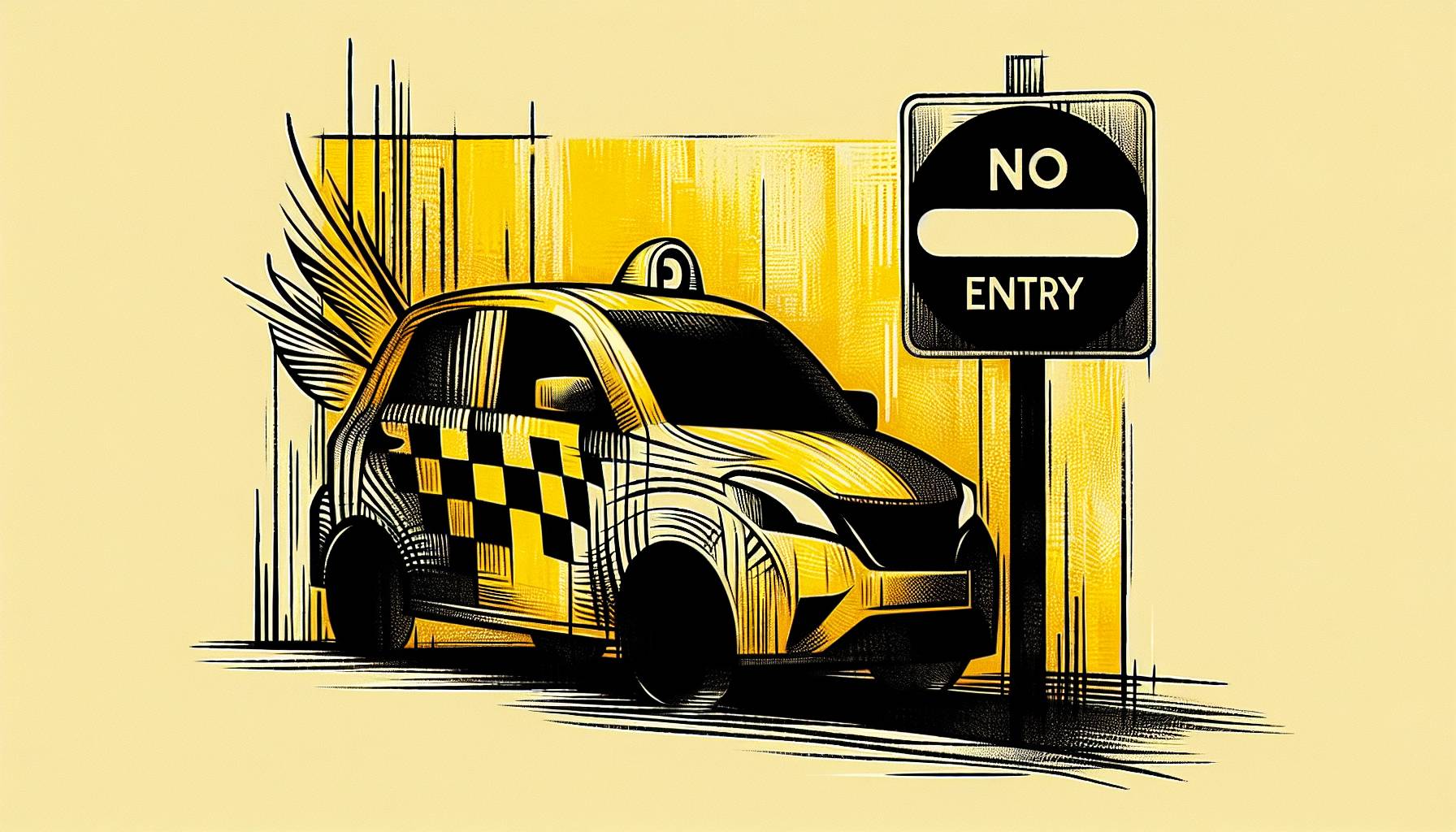In today’s App Industry Roundup, we look at why certain apps are rejected by the iTunes App Store. We also share how you can turn your old model iPhone into an Android-enabled device, and look at media ethics in the 21st century in light of Gizmodo “https://itunes.apple.com/us/app/apple-store/id347104529?mt=8″ app_id=”208270” target=”_blank”> Washington Post tech columnist Rob Pegoraro penned an interesting piece this morning in the wake of Apple’s approval — after a December rejection — of an app from Pulitzer Prize winning cartoonist Mark Fiore. (Download the 99-cent app.) Pegoraro looked at all the recent bans for iPhone apps and came up with a list of common themes. They include:
Washington Post tech columnist Rob Pegoraro penned an interesting piece this morning in the wake of Apple’s approval — after a December rejection — of an app from Pulitzer Prize winning cartoonist Mark Fiore. (Download the 99-cent app.) Pegoraro looked at all the recent bans for iPhone apps and came up with a list of common themes. They include:
— Swear words
— Lack of functions
— App too similar to existing Apple program
— Political commentary (unless you win a Pulitzer, apparently)
— Not enough material on a bikini
Pegoraro talks to app developers who have had apps rejected by Apple. One told him that 20 percent of his original applications to iTunes were rejected, but each has passed after revisions. If you’re interested in the approval process, take a look at this piece. It also claims there are now 180,000 apps at iTunes.

A geek trick for the original iPhone
If you’re an original iPhone owner thinking of updating when new models hit this summer — see next story — here’s a neat trick: turn that original iPhone into an Android phone. Yes, that seems pretty geeky and almost counter-intuitive for obsessed Apple fans — “why would you even consider running a different OS on an iPhone?” they may say — but it seems to me a pretty cool way to embrace both of the top platforms for smartphones.
You won’t be running the latest version of Android on your old iPhone and it won’t be as zippy as the very sweet and very fast HTC Incredible — now available at Verizon Wireless for $200 after rebate — but you will certainly impress your geekiest friends. To see how to put the original Android OS on your original iPhone, watch this video:
Guide to Installing Android on iPhone 2G from AndroidALot on Vimeo.
How to make money with a lost iPhone
David Carr, the New York Times media writer and unabashed fan of everything Apple — he reportedly tweets from his bathroom using an iPad — took an interesting look at journalism ethics and the “lost” iPhone. By now, you know that the next generation iPhone was lost in a Bay Area bar and tech blog Gizmodo paid $5,000 for the rights to publish the phone’s details. But as Carr points out, the story had little to do with tech specs and more to do with how such a prized secret was lost — and then discovered.
The issue of paying for scoops has long rankled traditional media outlets, but new media outlets like Gizmodo — part of the Gawker Media empire started by Nick Denton — don’t seem to have the same moral compass. Denton tells Carr that the pay-for-scoops tactic may escalate as the competition for news increases. “It’s hardly surprising that Web journalists should be fast, competitive, ruthless, sensationalist — and willing to do most anything for the story,” Denton said. “It will be messy — and fun!”
The story also asks if the scoop was worth $5,000.
“Some reports about the scoop have speculated that based on the site’s ad rates, the 3.6 million unique visitors [to Gizmodo, four times average daily traffic] were worth as much as $200,000,” Carr writes. “Denton himself estimates that all-in — legal fees, traffic bonuses to the writers and the cost of extra bandwidth for all the yummy traffic — it actually cost him $20,000.”
With traditional media already in turmoil, the matter of ethics seems like a luxury when a $20,000 investment turns into $200,000 in revenue. On the other hand, apparently the police are taking a look into this episode, so those costs may rise quickly.












